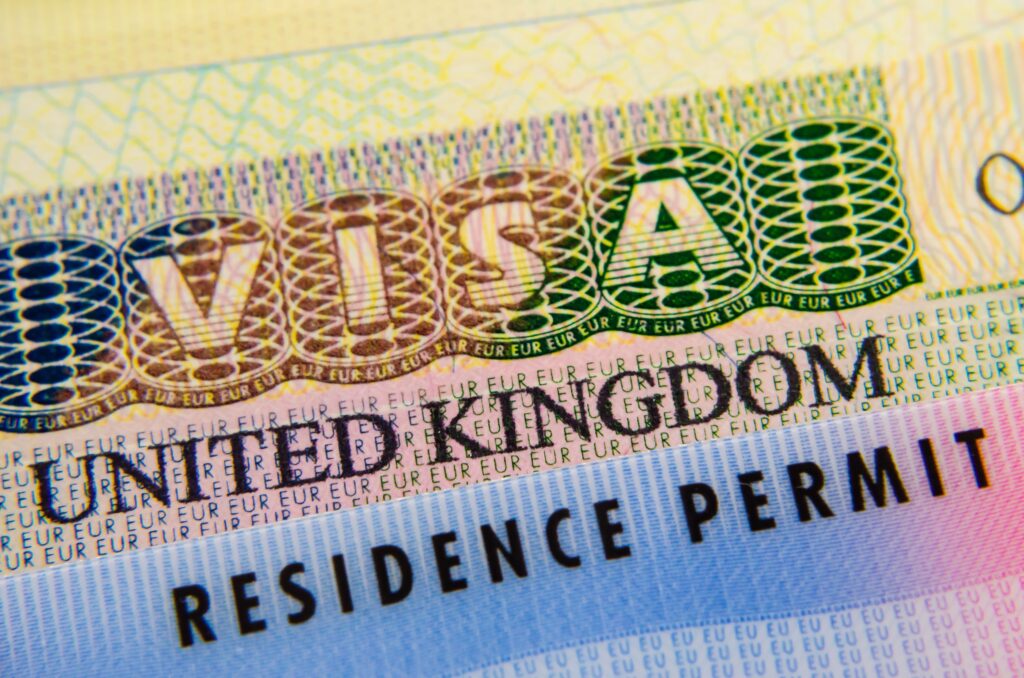Increase to UK company size thresholds: What this means for sponsors
From 6 April 2025, the turnover and balance thresholds that define small and medium-sized companies under the Companies Act 2006 are changing. This is significant for those businesses that hold a sponsor licence, as the size of your company determines the amount you will be charged for certain Home Office sponsorship fees.

Sponsors who fall within the small companies regime pay smaller fees for Skilled Worker and Senior or Specialist Worker sponsor licence applications and the Immigration Skills Charge (ISC) for workers on these routes.
Before 6 April, the relevant qualifying financial thresholds for small companies were no more than £10.2 million turnover and no more than £5.1 million balance sheet total. This changes to annual turnover of not more than £15 million and not more than £7.5 million balance sheet total.
Sponsors have a duty to report to the Home Office within 20 working days when their classification alters within the small sponsor regime.
New UK company size thresholds
The Companies (Accounts and Reports) (Amendment and Transitional Provision) Regulations 2024 has come into force, increasing the monetary size thresholds for micro, small and medium-sized entities for financial years starting on or after 6 April 2025.
The table below sets out the new company size thresholds that will be met for a financial year if any two of the three criteria are met.
| MICRO | SMALL | MEDIUM | ||||
| Previous | New | Previous | New | Previous | New | |
| Turnover not more than: | £632k | £1m | £10.2m | £15m | £36m | £54m |
| Balance sheet total* not more than: | £316k | £500k | £5.1m | £7.5m | £18m | £27m |
| Monthly average number of employees, not more than: | 10 | 10 | 50 | 50 | 250 | 250 |
The increased thresholds also apply to limited liability partnerships (LLPs) via amendments to the regulations that govern them.
Impact of threshold uplift
The government estimates that the changes will result in approximately:
- 113,000 companies and LLPs moving from the small to the micro-entity category,
- 14,000 moving from medium-sized to small, and
- 6,000 moving from large to medium-sized.
Impact of company size thresholds on sponsorship fees
Under the UK’s visa sponsorship system, employers applying for a sponsor licence to recruit overseas workers are required to pay certain administrative fees to the Home Office. This includes an application fee to obtain a sponsor licence for your business, and an additional charge for each sponsored worker, known as the Immigration Skills Charge (ISC).
The Home Office charges different amounts for sponsors, depending on the type of licence you are applying for and the size or status of your organisation. You will either need to pay the ‘small fee’ or the ‘large fee’. The guidance for sponsors currently states:
“You are eligible to pay the ‘small’ fee if you are any of the following:
- Are applying for a licence under the Temporary Worker routes only.
- Have charitable status – see Sponsor a Charity Worker for a definition of this term.
- Are subject to the small companies regime as set out in section 381 of the Companies Act 2006.
- A person who is not a company for the purposes of that section and you employ fewer than 50 people.
In all other cases, you must pay the ‘large’ fee.”
From 9 April 2025, the fee to apply for a ‘Worker’ sponsor licence is as follows:
- £1,579 for large sponsors, or;
- £574 for small sponsors.
The ISC fee must be paid when you assign a Certificate of Sponsorship (CoS) to a worker under the Skilled Worker or Senior or Specialist Worker routes, unless an exemption applies. The amount you will need to pay depends on the size of your business and how long you will be sponsoring the worker. Currently, the ISC fees are:
- Large sponsors: £1,000 for the first 12 months, plus £500 for each additional 6 months.
- Small sponsors: £364 for the first 12 months, plus £182 for each additional 6 months.
Due to the new financial thresholds outlined above, more companies may now qualify as a small sponsor and therefore could be eligible to pay lower sponsorship fees.
Final advice
Smith Stone Walters advises sponsors to check whether your business size is classified correctly on your sponsor licence and you are paying the correct fees.
If your business size has changed since obtaining your sponsor licence and you should now be classified as a ‘small’ sponsor or vice-versa, you should notify the Home Office as soon as possible. You may need to provide evidence, such as recent company accounts and a personnel hierarchy chart. Smith Stone Walters can support your business through this process and help you identify the relevant supporting documents.
Due to the new thresholds outlined above, we anticipate a number of existing sponsors may now qualify as a small sponsor rather than a large sponsor, and therefore benefit from lower sponsorship fees. This will be welcome news for many employers, amidst rising costs in other areas of the immigration system, including the recent visa fee hikes, which came into effect this week.
Sponsors are also reminded that any other significant changes to your business, such as a change in ownership, must be reported to the Home Office within the set timeframes laid out in the guidance for sponsors. Failure to report these changes or failure to uphold your wider sponsorship duties could result in adverse action being taken against you, up to and including having your sponsor licence revoked.
For tailored advice from a qualified immigration consultant about your circumstances, please contact Smith Stone Walters.















